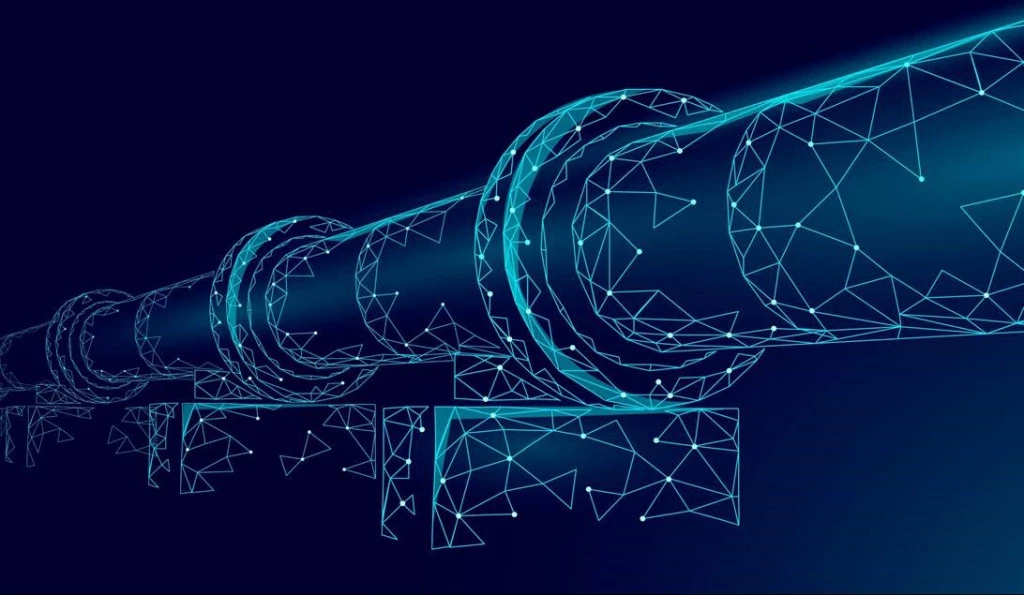How Canada’s Energy and Resources Sector is Redefining Operational Excellence for a Low Carbon Era
Add bookmark
Operational excellence programs have traditionally focused on improving efficiency, safety, and quality while reducing costs. Proven methodologies such as Lean, Six Sigma, and Business Process Management, focus on improving processes. The aim is to reduce variability, drive value, and support business agility.
Yet, as the industrial sector recovers from the impacts of supply chain disruption and the Covid-19 pandemic, a new challenge is forcing companies to expand the role of operational excellence: climate change.
Politicians, investors, and consumers are increasingly demanding strict emission reduction targets and governments are backing these demands with a mixture of regulations, taxes, incentives, and investment.
Those changes are making companies more aware of their carbon footprint.
“Our customers–and their own customers–are now asking for more information on where our products come from, the raw materials we use, the energy sources we draw from, and many other elements related to sustainability,” says Diane Sevigny, Director, Marketing at Canadian steel producer ArcelorMittal Long Products, in a press release about the company’s sustainable steel.
Canada enacted the Canadian Net-Zero Emissions Accountability Act last year. The act enshrines into law the country’s commitment to achieving net zero emissions by 2050 in line with global agreements.




















